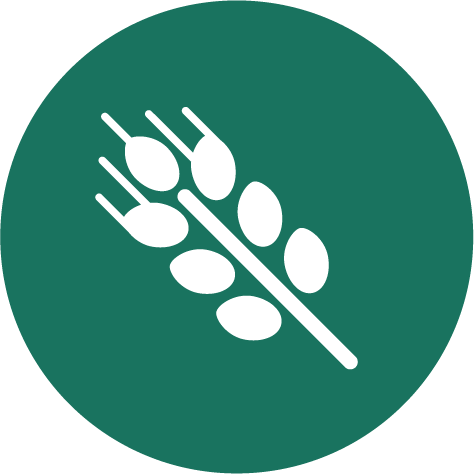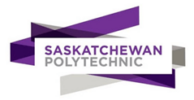 Agriculture & Agri-Food
Agriculture & Agri-Food Online at your own pace
Online at your own pace Fall Term
Fall Term Winter Term
Winter Term Less than $500
Less than $500 English
English
The acquisition, retrieval, and storage of data from IoT devices is essential for agriculture professionals. This microcredential will explore various data storage methods and what each method can do in providing access for later analysis. The ideal learner will be looking to adopt sustainable farming practices and already be employed in the farming industry, either as an employee or owner. It is expected that the learner will have at least basic digital skills. The learners will complete the modules at their own pace. Therefore, the microcredential has been developed fully online.
Learning Outcomes
Assessment
Precision farming practices using the latest techniques and technologies address various aspects of carbon footprint and clean technologies. For example, using data of field conditions and states of weed growth, latest sprayer technology can target spray weeds without carpet-spraying the entire field. By analyzing growth and temporal soil conditions, such as moisture content, and soil nutrient levels, targeted fertilizing can reduce overall fertilizer use thereby reducing greenhouse gas emissions. It is well known that much of the applied fertilizer runs off into waterways, or is broken down by microbes in the soil, releasing the potent greenhouse gas nitrous oxide into the atmosphere. By only targeting the field locations that require the fertilizer and applying only what is needed in those areas, the greenhouse threat is reduced. An understanding of how smart equipment can assist with the reduction of greenhouse gases, not only regarding fertilizer application but also pesticide use and seeding practices, is vital:
Innovative solutions, including clean technologies, are required to reduce emissions from agriculture. Promising new technologies are being developed to reduce emissions from livestock and crop production, including from the use of precision farming and “smart” fertilizers, which time the release to match plant needs, and from feed innovations that reduce methane production in cattle. Actions pertaining to the agriculture sector will be developed collaboratively through Canada’s Next Agriculture Policy Framework.
 Fall Term
Fall Term Winter Term
Winter Term